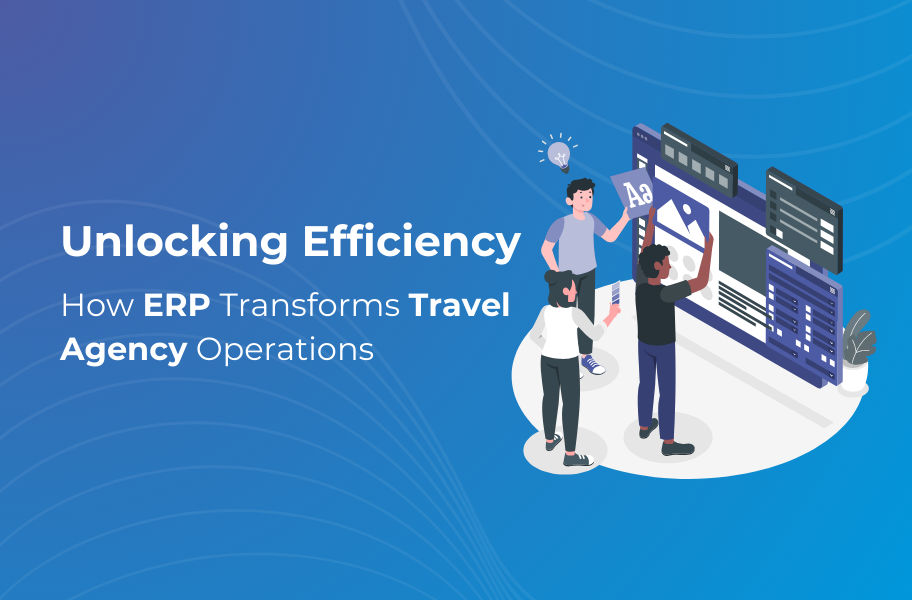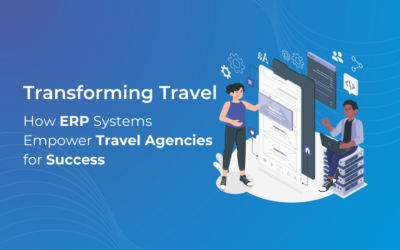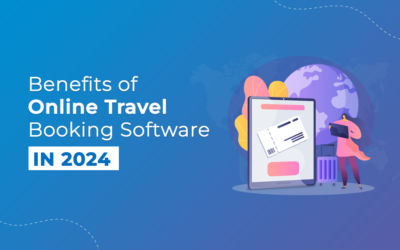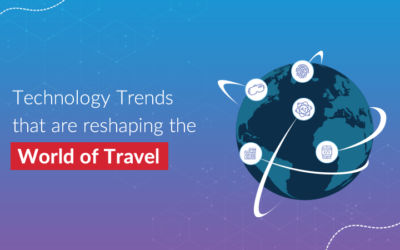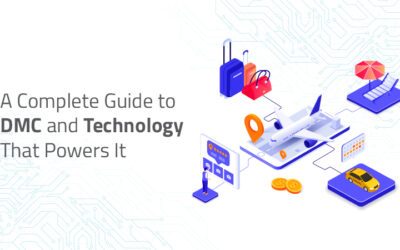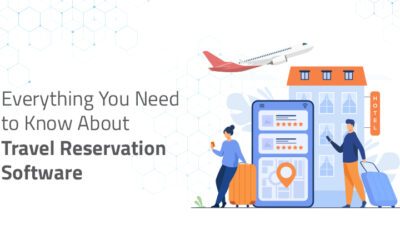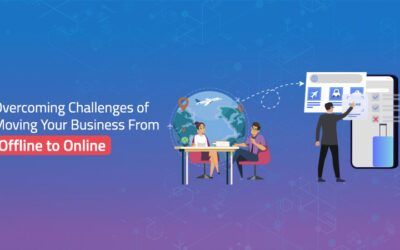Unlocking Efficiency: How ERP Transforms Travel Agency Operations
In today’s fast-paced travel sector, it can be somewhat daunting to manage a multitude of activities, including client relations and booking administration. Through the adoption of an ERP system, travel agencies can unify their platforms and foster collaboration amongst their many divisions.
The total operational efficiency is enhanced by this consolidation, which not only streamlines data management but also ensures that information flow is simplified and accessible.
Better Decision-Making with Up-to-the-Minute Information
It is very important to have real-time info in the tourism business. This means that travel companies can see information about bookings, meetings with customers, and financial transactions at any time; in a field where every second counts, managers need to be able to view and analyze data in real-time to make quick, well-informed decisions.
Cutting costs and managing money well
Budget Control: To keep track of spending compared to budgets, organizations might use the thorough financial data provided by ERP systems.
Resource Allocation: Keeping tabs on and analyzing asset usage allows for more efficient resource management.
Reduced Operational Costs: Agencies can save money on labor and reduce human error by automating mundane processes.
Better financial management is one benefit that travel businesses reap from implementing an ERP system. Reduce financial disparities and improve cost-efficiency using technologies that automate billing processes and help agencies monitor spending.
Strengthening Bonds with Clients
A new way of interacting with clients is also created when an ERP system is integrated. A customer relationship management system that is coupled with an enterprise resource planning system allows agencies to keep detailed records of clients, monitor interactions, and tailor services to each client’s unique needs and preferences.
In a highly competitive market, this level of customization increases customer satisfaction, loyalty, and retention.
Maximizing Efficiency and Streamlining Processes
Scheduling, inventory management, compliance, and reporting are just a few of the many operational duties that may be automated with an ERP system.
Workers are free to concentrate on higher-level, more strategic endeavors that call for human judgment and experience thanks to this automation, which lessens their workload. Thus, the agency runs more efficiently and effectively, with output skyrocketing and the possibility of human mistakes drastically reduced.
Improved Marketing Outcomes
The marketing strategies of travel firms are greatly improved by integrating ERP systems. Public relations firms can improve the effectiveness of their campaigns by studying client information and trends.
Maximizing return on investment and increasing marketing effectiveness are both achieved through this data-driven approach.
Strengthened Safety and Compliance Measures
Enhancing data security and guaranteeing compliance with travel rules are two other critical roles played by ERP systems. These technologies aid agencies in meeting regulatory standards while preventing breaches of sensitive consumer information through data centralization and security.
The credibility and trustworthiness of the travel business depend on this security.
Conclusion
An enterprise resource planning (ERP) system adoption would be very helpful for the travel company OTRAMS. Enterprise resource planning (ERP) systems allow the travel sector to become more responsive, efficient, and competitive by improving decision-making with real-time data, strengthening customer relationships, and streamlining operations.
Staying ahead in the ever-changing travel business requires embracing this technological breakthrough.
